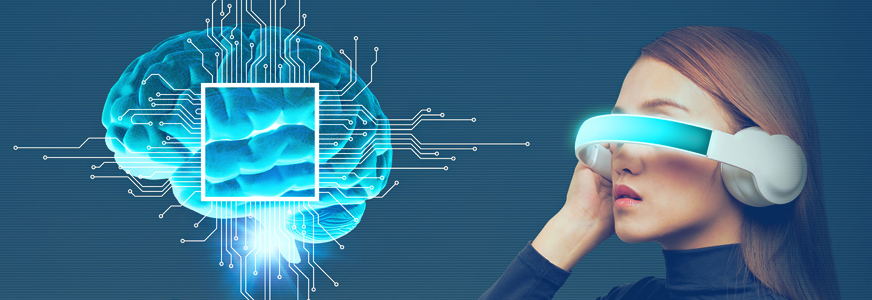In the realm of business automation, the pursuit of efficiency and productivity knows no bounds. As organizations strive to streamline operations and reduce manual intervention, they are venturing into territories that were once considered beyond human limits. The advent of cutting-edge technologies such as artificial intelligence, machine learning, robotics, and process automation has empowered businesses to explore new frontiers of automation like never before. From automating repetitive tasks to orchestrating complex workflows, businesses are pushing the boundaries of what can be achieved without direct human intervention. One of the key areas where automation is making significant strides is in data analysis and decision-making. Advanced algorithms can now sift through massive datasets with lightning speed, extracting valuable insights and patterns that would have taken human analysts weeks or even months to uncover. Machine learning models are being trained to make increasingly complex decisions, from identifying fraudulent transactions to optimizing supply chain logistics, surpassing human capabilities in terms of speed, accuracy, and scalability. Moreover, automation is revolutionizing customer service and engagement.
Chatbots powered by natural language processing are becoming increasingly adept at handling customer inquiries, providing instant responses, and even resolving issues without human intervention. Virtual assistants are transforming the way businesses interact with customers, delivering personalized experiences round the clock, across multiple channels. By automating routine interactions, businesses can free up human agents to focus on more complex and high-value tasks, ultimately enhancing overall customer satisfaction. Another frontier of business automation lies in the realm of physical robotics. From manufacturing and logistics to healthcare and agriculture, robots are taking on tasks that were once exclusively performed by humans. Advanced robotic arms equipped with sensors and AI algorithms can perform intricate assembly tasks with precision and efficiency, while autonomous drones are revolutionizing inventory management and delivery operations. In healthcare, surgical robots are assisting surgeons with delicate procedures, enhancing precision and reducing the risk of human error. By automating repetitive tasks such as data entry, document processing, and approvals, businesses can minimize errors, reduce costs, and improve operational efficiency.
Advanced workflow orchestration tools are enabling organizations to design, deploy, and manage complex workflows spanning multiple systems and departments, driving agility and flexibility in the face of evolving business requirements. However, as business automation push the boundaries of automation; they must also grapple with ethical, legal, and societal implications. Concerns around job displacement, data privacy, algorithmic bias, and the ethical use of AI are prompting organizations to tread carefully and adopt responsible automation practices. Moreover, as automation becomes increasingly pervasive, it is essential to ensure that humans remain at the center of decision-making processes, leveraging technology to augment human capabilities rather than replace them. However, as we venture further into the realm of automation, it is crucial to approach with caution, balancing the potential benefits with the ethical and societal implications, to ensure that automation serves the greater good while preserving human dignity and agency.


